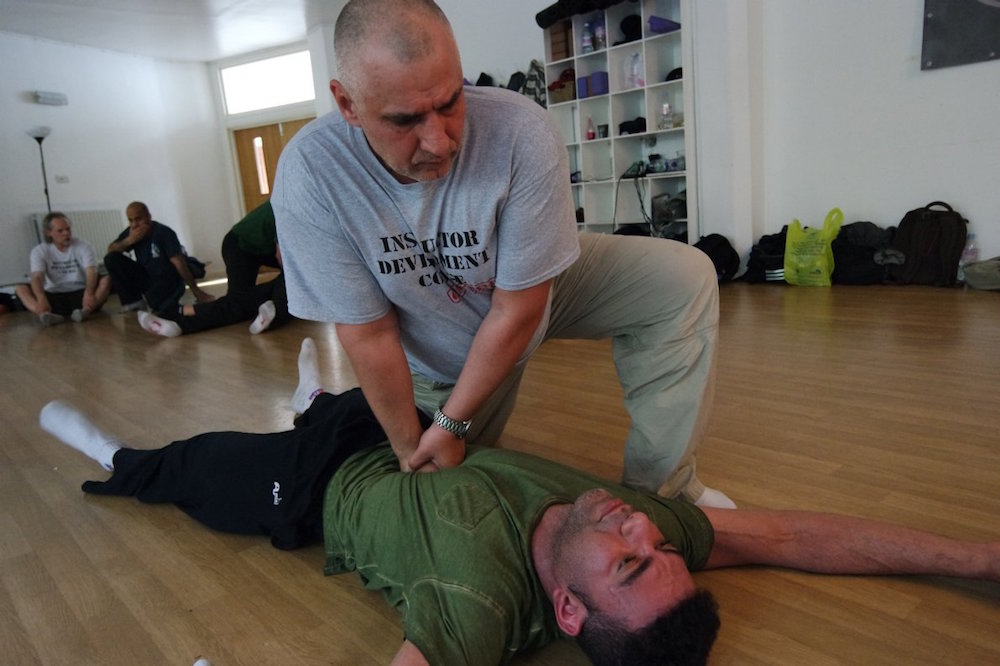3 Mins Read
Breathwork has gained enormous popularity in recent years with pundits calling labelling it as the ‘new yoga’ or ‘meditation’s little brother’. There’s no doubt this is a net positive. Most of us don’t breathe deeply enough and breathwork has a huge range of benefits. Along with the surge of breathwork practitioners across Asia, some wellness centres started renaming their classes to “Breathing Yoga” or “Breathing Meditation” to join the trend. But is breathwork really just part of a regular yoga practice or is it something completely different? Below we answer this burning question in more detail.
Key breathwork plus? Its Accessibility
To start breathwork training, you don’t need a gym membership or special outfit. The main tool is right under your nose and most of the breathing techniques can be practiced in any position: sitting, lying down, or even walking. The most basic and fundamental technique called Cleansing Breath can take a few seconds while bigger formats can last for 2-3 hours.
So, what exactly is Breathwork?
Dr Belisa Vranich and Brian Sabin, co-authors of Breathing For Warriors, divide breathing into 3 camps:
- Breath-Induced Trance Meditation: Holotropic Breathwork® or rebirthing method;
- Respiration: at the cellular level related to CO2); and
- Mechanical Ventilation: mechanics, muscles and posture of breathing.

Breathwork is deeply rooted in most – if not all – ancient spiritual practices, including yoga, martial arts, and meditation. Since the mid-20th century, it’s been mostly driven by modern psychology (like Holotropic Breathwork® founded by Czech psychiatrist, Stanislav Grof), endurance and precision sports (like Breatheology method founded by Danish freediver and Guinness record holder, Stig Severinsen) and medicine (like Buteyko Method founded by Russian physiologist, Konstantin Buteyko who was initially looking for the cure from asthma).

Ok, but what about Pranayama?
Pranayama is indeed a formal practice of breath control in yoga. In fact, each asana should be done with proper breathing which makes the entire practice inseparable. Pranayama exercises are normally given as part of the yoga class, either at the beginning or end of the session (or both). We could safely conclude that pranayama is one of the breathwork modalities, used in yoga.
Some pranayama techniques are very similar to breathing exercises from other schools, like Breath of Fire which is typically Exhale Pulsations or Blowing Candles. The best way to understand the connection is to look at it as an expression of the united humankind history and common values. If you start comparing fairytales, myths and traditions across the globe you will see many striking similarities. Breathing is a key wellbeing and survival function that every human being on Earth shares – it’s no wonders that there are many similar breathing technique traditions found across the globe.

Conclusion: similar, but not the same
Breathwork and yoga share a lot but are definitely not the same thing. Breathwork can be a helpful bridge into yoga, unless you choose a different routine, like martial arts or freediving (or all of them!). Breathwork is an easier gateway into mindfulness and meditation and you can achieve any state by modulating and controlling it – or just letting it guide you.
The best way to experience it is by starting your own practice. It can take from a few seconds to several hours and the best part? You have the equipment right in front of your nose.
Lead image courtesy of Stefan Amer.





